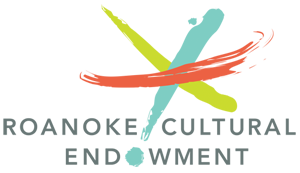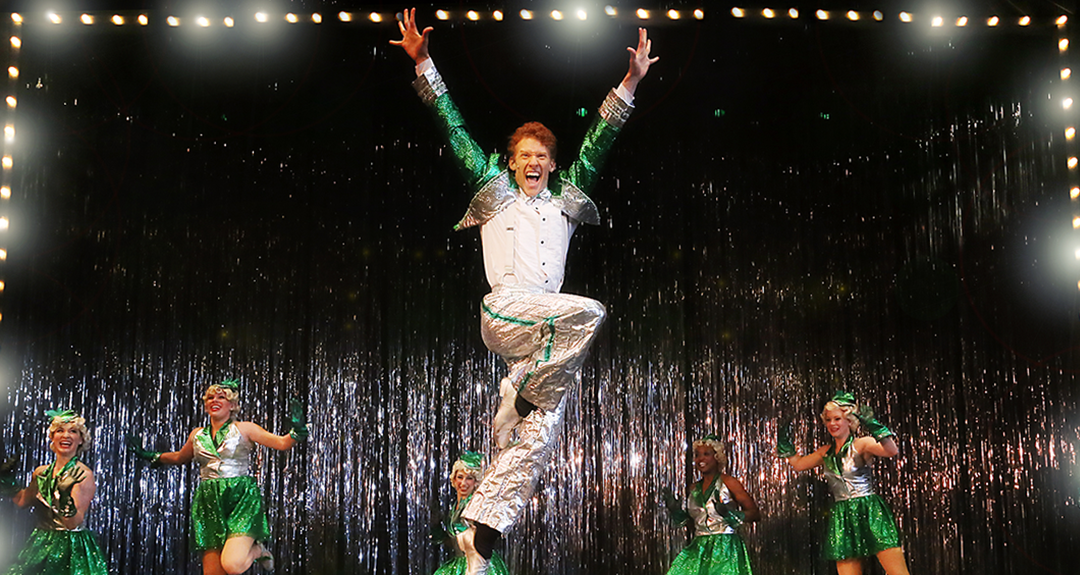A few Sundays a year, while driving around the City of Roanoke, you might spot a group of people being led by scholar, historian, and activist, Dr. Gregory Samantha Rosenthal, or one of their colleagues, walking around Old Southwest. This walking tour informs attendees about the historic inner-city neighborhood and its role as a home to segments of the Roanoke LGBTQ+ community for the last 50 years.
Rosenthal co-founded the Southwest Virginia LGBTQ+ History Project in 2015, which is committed to researching and telling stories of the LGBTQ+ individuals and organizations in the region. In addition to hosting walking tours in three Roanoke City neighborhoods, the group compiles and delivers these stories through digital archives, document libraries, and oral history recordings through partnerships with the Virginia Room, Roanoke Public Libraries, and Roanoke College, and Roanoke Diversity Center.
According to their online exhibition, “Coming Out: Gay Liberation in Roanoke, Virginia, 1966-1980”, Roanoke’s “gay liberation” picked up in the 1970s after the political and social movements in the second half of the 1960s. The Old Southwest neighborhood had been abandoned by the city’s upper-class white citizens during that same time in the nationwide phenomenon now known as “white flight,” opening the area to Roanoke’s LGBTQ+ community. Queer Roanokers built safe spaces, like the historic Trade Winds bar or the Horoscope, across downtown and on the edge of Old Southwest, for queer men and women to connect.
The LGBTQ+ community’s investment in Old Southwest improved property values and reduced crime, making the neighborhood more attractive to heterosexual, cisgender citizens. Though the neighborhood isn’t what it was fifty years ago, the neighborhood retains its nickname and identity as Roanoke’s “gayborhood” and continues to be a neighborhood that many queer residents call home.
Today, many arts and culture organizations provide the safe space that the LGBTQ+ community seeks. When relocating from Wichita, Kansas, Vice Mayor Joe Cobb discovered that space through his neighborhood friends in Old Southwest.
“My first introduction to the [Roanoke] arts and culture scene was at the theatre,” Cobb reflects. “One of the first productions I remember seeing was The Laramie Project about the reaction of the 1998 murder of Matthew Shephard, a gay American college student.”
Cobb describes the arts as a place to find sanctuary but also as a launching pad for artistic expression of the LGBTQ+ community to be shared with the world.
“If you imagine the stage, there’s an effort to create a space on the stage for people to be who they are: to be authentic, to live lives of integrity, to have a place to speak to who they are and to be honored for who they are.”
Shortly after moving to Roanoke, Cobb began working for the Roanoke Symphony Orchestra doing public relations, marketing, and development. This opportunity opened him up to the local arts and culture community, where he discovered how hard they worked together to make Roanoke an arts and culture destination.
“The arts and culture organizations were already on the forefront of making a difference in the city,” says Cobb. “It’s because of the way arts get into our souls and give us expression to whatever it is that we’re feeling. It feels like that safe space to dwell in uncertainty, but it also helps us find expression for it.”
As Vice Mayor of Roanoke City, one of Cobb’s platform priorities is “energizing our creative spirit to grow an inclusive city”. He encourages the arts and culture community to continue to work with local government and businesses to find ways to rebuild, reshape, and recover our community and economy after the COVID-19 pandemic.
“I think humanity has always appreciated the arts, but I think we’ve underestimated their value in terms of economic impact, of life-saving characteristics, and of their ability to bring people together in ways that business and government are not able to,” says Cobb. He admires the grit the arts and culture organizations have shown in the depth and beauty of how they have risen to the occasion in times of crisis.
It is the responsibility of the mainstream arts and culture community to continue to operate within these collaborative spaces – not just with one another, but with the smaller organizations within subcultures. While the LGBTQ+ community has a prominent presence in the mainstream arts and culture community, they have also pioneered their own sub-culture in the area.
The Taubman Museum of Art is home to Morning Brew Coffee, where Soul Sessions Roanoke takes place. Founder, Bryan Hancock, created the ally program to provide a space for artists to express themselves and share experiences, no matter their ethnic, racial, religious, or gender identities.
Theatre 3, led by Ami Trowell, supports under-resourced and under-represented communities, using improvisation and company written works that represent a diverse set of perspectives, with a focus on illuminating the artistic expression of frequently marginalized populations along the lines of race, class, gender, age, sexual orientation and other social markers.
While the Roanoke Diversity Center primarily provides the LGBTQ+ community with education and health and wellness resources, they also have programming that embraces artistic expression, whether it’s open mic night or a Rainbow Cinema showing of an LGBTQ+ film. They also house the LGBTQ+ resource library, managed by the SWVA LGBTQ+ History Project.
Fashionista Roanoke frequently hosts their fashion shows at Center in the Square and the Taubman Museum of Art. At the end of 2019, founder Garland Gravely launched Roanoke’s first Ballroom House, House of Expression, for the LBGTQIA POC community to know that they are loved and welcomed into a family. In this family, members can count on this house to have a place to go to be accepted, whether or not their biological families do. They partner with organizations like the Drop-In Center and Planned Parenthood to provide health and wellness education and support and hopes to hold a drag ball one day.
The Southwest Virginia LGBTQ+ History Project has also partnered with Community High School to produce an LGBTQ+ history-themed zine and worked with Diversity Camp to provide interactive theatre workshops for LGBTQ+ youth.
It’s through partnerships with organizations like these that can change lives from a grassroots perspective. That’s just the kind of grassroots engagement Joe Cobb stands for.
“My guiding principles are based upon building a city that believes in equality, and on a deeper level, equity,” says Cobb. “The arts community gets that.”
Arts and culture organizations create those spaces, and to the degree that we can continue to expand them for LGBTQ+ is critical. Pride Month in Roanoke looks a little different this year, but as you go on to celebrate pride throughout the rest of the year, remember what Joe Cobb says: “Continue to be queer. Continue to be who you are in your expression.”

